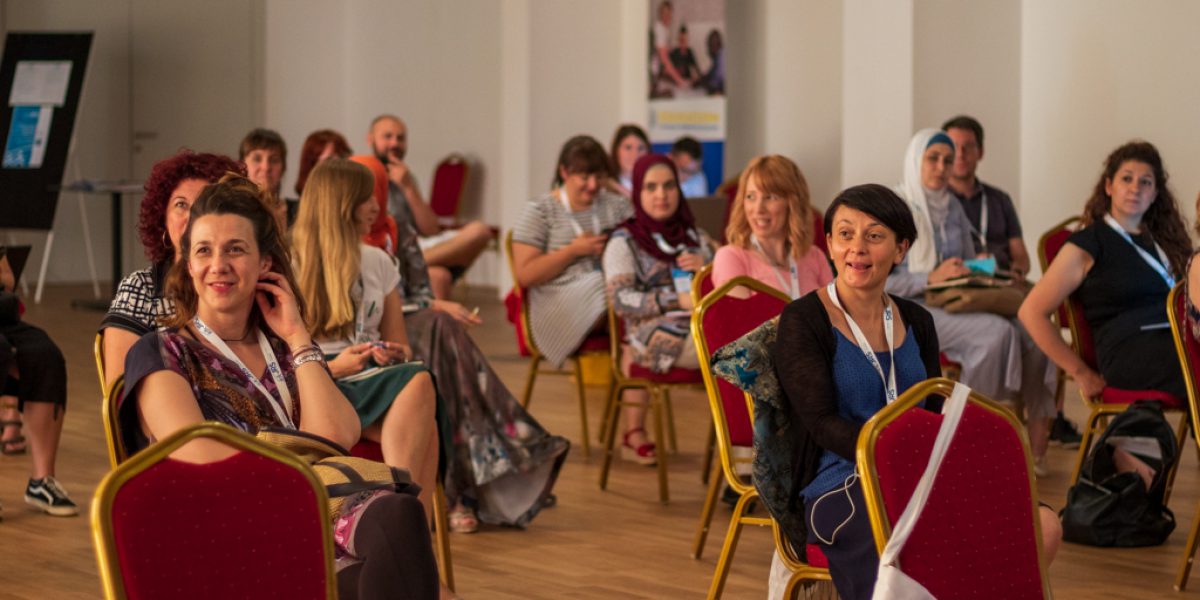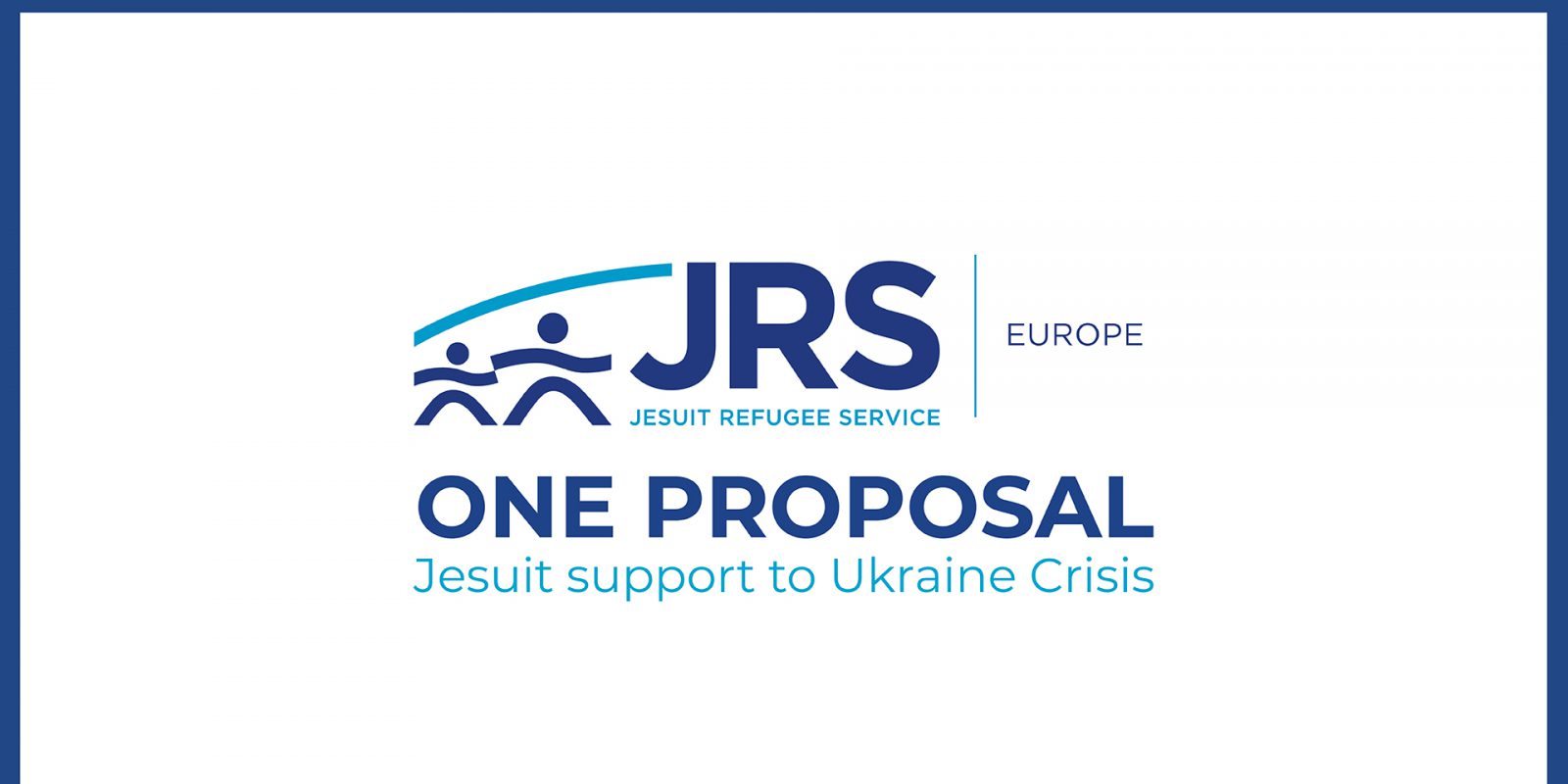
JRS Croatia organised a three-day training “Experiences, challenges and positive practices in the integration of persons from the Resettlement Programme” last April for local officials, practitioners and stakeholders.
The goals were:
- to raise awareness about issues related to refugees and migration;
- to inform about the challenges the newcomers face such as racism and xenophobia;
- to ensure mutual learning and understanding to improve support for refugees and migrants in the integration process; and
- to share experience, expertise, and best integration practices from resettlement programmes.
The profile of refugees in Croatia changed after the so-called refugee crisis. From predominantly male population at reception centres to a population in which a 60% are vulnerable people, including women, children, some of them unaccompanied.
Crotia is no longer only a transit country, as some refugees have settled in the country. Immigration history in the country is recent so diversity and hospitality have become a challenge.
Population of refugees and migrants is still low in Croatia, however the public opinion has a different impression and there is a growing sentiment of nationalism. Croatia nevertheless, as an EU member state, has the obligation to accept refugees through relocation and resettlement.
Currently the role of awareness raising lies on the media that are carrying out awareness raising workshops and cultural events with the support of civil society organisations Zagreb.
Migration and social inclusion are among the newest major challenges for Croatian public administration. It requires that all involved stakeholders work together to find answers and solutions to the related challenges, such as in reception, education, employment, and health care. This social phenomenon further calls for consideration and analysis of administrative difficulties and issues of practical adaptation of public administration to new migration-related tasks, with the aim as well of designing a clear migration and integration policy.

